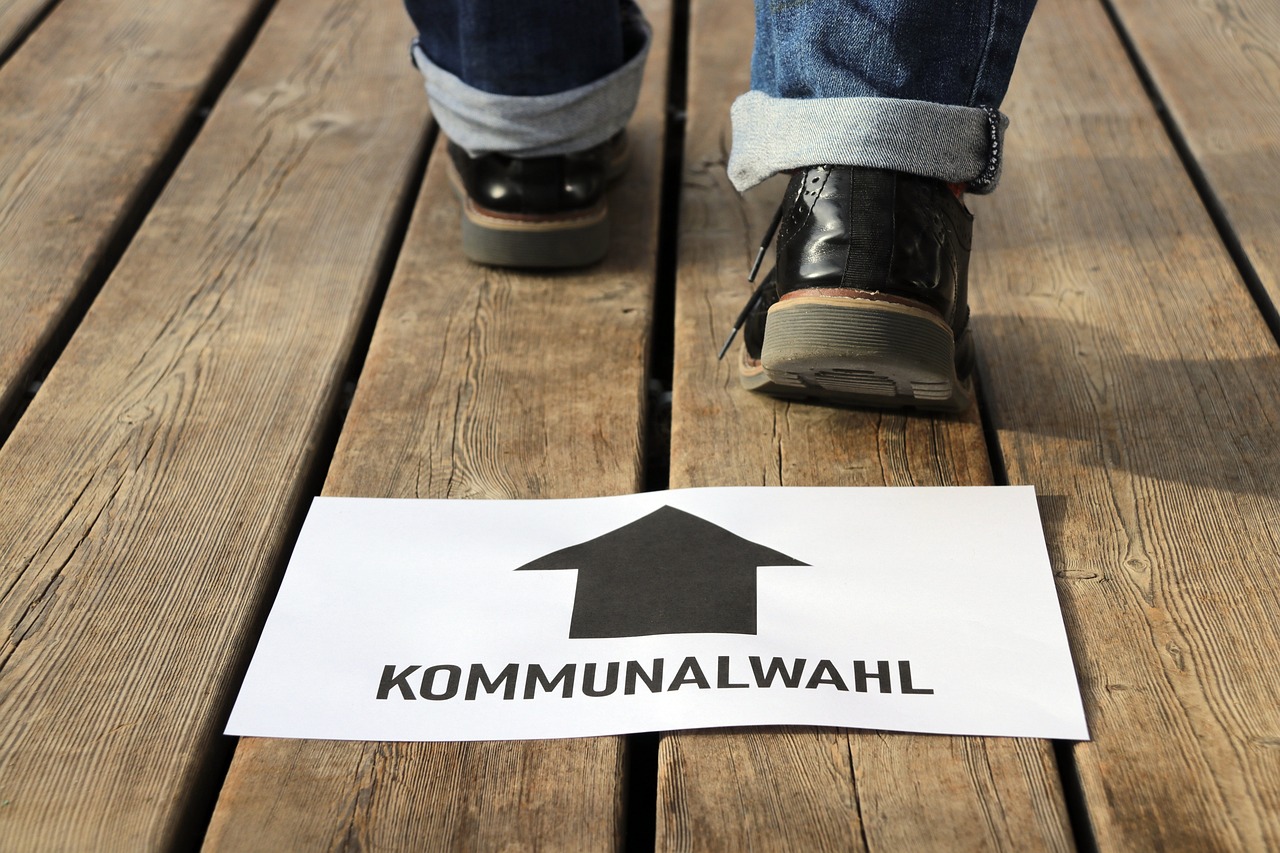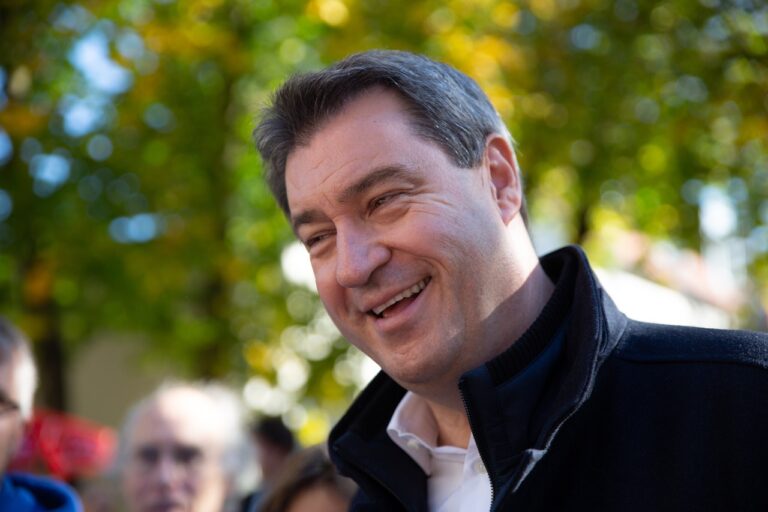Gender Politics and Election Campaigns
Voter perception is heavily influenced by a variety of key factors. Candidate’s political stance, policies, and past behavior play a significant role in shaping how voters perceive them. A candidate’s ability to effectively communicate their platform and connect with voters also heavily influences voter perception.
Moreover, socio-economic background, education level, and personal values of the voters themselves are essential factors in shaping their perception of political candidates. A candidate’s image portrayed in the media, as well as how they are framed in political advertisements, can also significantly impact voter perception.
The Influence of Gender Stereotypes
Gender stereotypes play a significant role in shaping voter perception of female politicians. Stereotypes often portray women as emotional, weak, and less competent than their male counterparts. These preconceived notions can lead to biases against female candidates, impacting how voters assess their qualifications and capabilities.
Furthermore, gender stereotypes can influence how female politicians are portrayed in the media. They may be critiqued on their appearance, tone of voice, or demeanor, rather than their policy positions or leadership skills. This can detract from the substantive discussions of their platforms and experience, reinforcing harmful stereotypes that hinder the progress of women in politics.
Gender stereotypes can lead to biases against female politicians
Women may be perceived as emotional, weak, and less competent than male counterparts
Biases impact how voters assess qualifications and capabilities of female candidates
Stereotypes influence media portrayal of female politicians
Focus on appearance, tone of voice, demeanor rather than policy positions or leadership skills
Detracts from substantive discussions of platforms and experience
Media Representation of Female Politicians
The portrayal of female politicians in the media plays a significant role in shaping public opinion and attitudes towards women in leadership roles. Oftentimes, female politicians are depicted through a gendered lens, focusing on their appearance, personal life, or emotional expression rather than their policies or qualifications. These portrayals can reinforce stereotypes and undermine the credibility of women in politics.
Moreover, media coverage of female politicians tends to be different from their male counterparts, with women often subjected to harsher scrutiny and criticism. The emphasis on their likeability, style choices, and relationships can overshadow their professional accomplishments and policy agenda. Such biased representations can perpetuate gender stereotypes and create barriers for women aspiring to higher political positions.
How does media representation influence voter perception of female politicians?
Media representation can shape voter perception by emphasizing certain characteristics or behaviors of female politicians, which can either help or hinder their credibility and electability.
What are some key factors that influence voter perception of female politicians?
Some key factors include the portrayal of female politicians in the media, gender stereotypes, the political context in which they are operating, and the overall cultural attitudes towards women in leadership roles.
How do gender stereotypes play a role in shaping media representation of female politicians?
Gender stereotypes can lead to biased or narrow portrayals of female politicians in the media, reinforcing traditional gender roles and expectations that may not align with the realities of modern politics.
What can be done to improve the media representation of female politicians?
To improve media representation, there should be more diverse and balanced portrayals of female politicians that focus on their qualifications, policies, and leadership abilities rather than their appearance or personal lives. Additionally, media outlets should be more conscious of the language and framing used when discussing female politicians.







